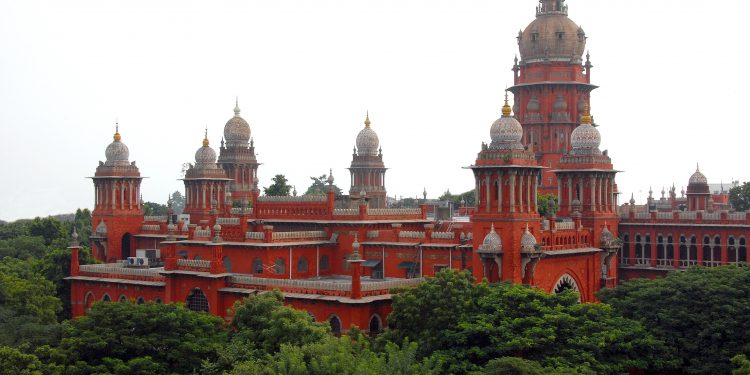Chennai: In a judgement which can have far-reaching consequences, the Madras High Court has ruled that a rape victim should not be compelled to ‘knock doors of the court’ for termination of her unwanted pregnancy and that the doctors should just follow the guidelines prescribed in the Medical Termination of Pregnancy (MTP) Act.
According to the guidelines, if pregnancy of a woman does not exceed 20 weeks, the doctors can terminate it. In rape cases, however, a DNA test of the conceptus is mandatory before an abortion can be carried out.
In case a woman wants her pregnancy to be terminated after it exceeds 20 weeks, she will need permission for which she will have to move a High Court, which will refer the matter to a medical board.
Justice N. Anand Venkatesh of Madras High Court, while hearing a case, said that if a rape victim suffers an unwanted pregnancy and its duration has not exceeded 20 weeks, then the “victim need not be referred to the medical board and the termination of pregnancy can be done as per the provisions of Section 3 of the MTP Act, 1971”.
“The victim girl should not be unnecessarily made to knock the doors of this court,” the judge ruled.
Lashing at the government and doctors, the court said: “In cases of this nature, the doctors and the courts need to be more sensitive and should act fast since the victim girl is carrying a foetus, which keeps reminding her of the agony faced by her due to rape and every moment she suffers mental agony and depression due to the unwanted pregnancy that has been forced against her.”
The court said these guidelines must be strictly complied with by the police and medical practitioners in the state, and directed the government to issue a circular informing the functionaries concerned in connection with these guidelines.
“This situation should not happen again and the medical practitioners should be sensitized in this regard,” the court observed.
If the pregnancy has not breached the 20 weeks mark, then the length of the pregnancy is irrelevant, and instead the life of the pregnant woman shall be prioritized, the court said.
The victim, in this case, was blackmailed into having sexual intercourse and had got pregnant. Eight weeks into the pregnancy, after being denied any relief from government hospital, she moved the court.
The police informed the court that victim had requested assistance in terminating the pregnancy during the registration of the rape case.
However, police apparently refused to help her, and then she pooled her resources to get admission in a private hospital, but was discharged without undergoing abortion.
The victim then moved the High Court, which directed her to get admitted to a government hospital to get medically assessed for abortion.
The victim had, on June 8, consulted a doctor at the government-run Kasturba Gandhi Hospital for Women and Children and General Hospital here. The doctor found her eight weeks pregnant but instead of terminating the pregnancy, referred her to another government hospital.
On June 12, the High Court gave strict instructions to admit her at a government hospital and carry out the necessary medical procedure.
On June 17, the doctors aborted the pregnancy. On June 19, the matter came up for further hearing before the court, which remarked that the hospitals wrongly interpreted the provisions of the MTP Act, and made the victim run from pillar to post.
As the victim’s counsel requested the court to issue guidelines to ease the abortion process for rape victims, the court said that medical boards have already been constituted across the country to address request of similar nature.
(IANS)







































